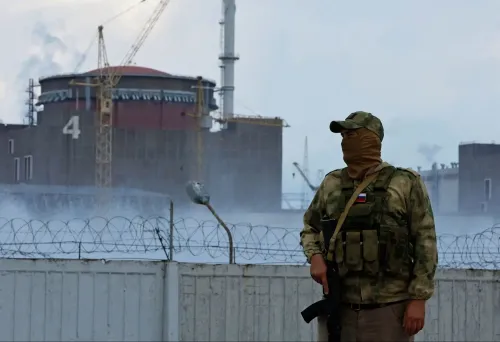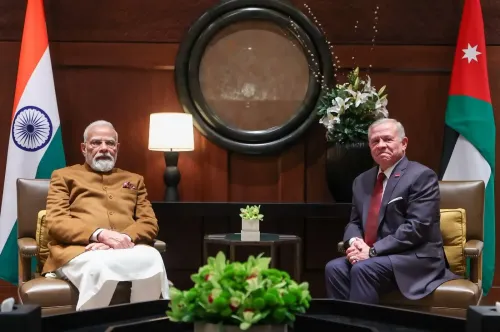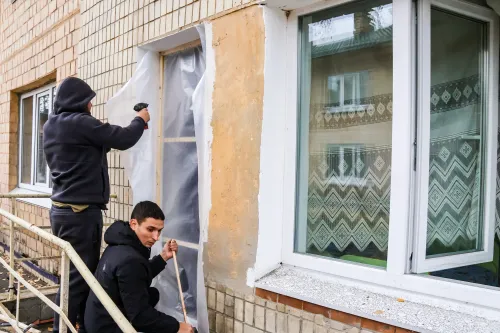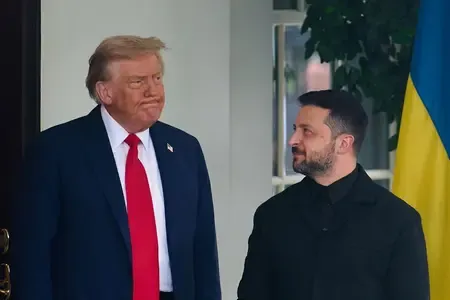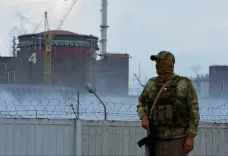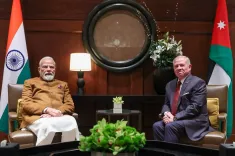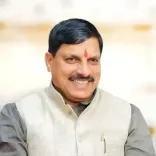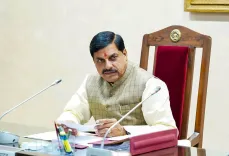Will North Korea's Kim Offer Unconditional Support to Russia in the Ukraine Conflict?
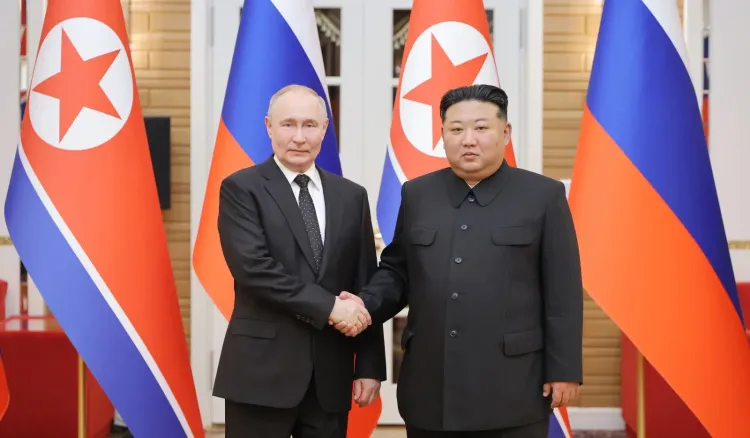
Synopsis
Key Takeaways
- Kim Jong-un has pledged unwavering support for Russia in its conflict with Ukraine.
- North Korea has sent approximately 15,000 troops to support Russian efforts.
- The mutual defense treaty between North Korea and Russia mandates military assistance if either is attacked.
- Kim affirmed his commitment to the treaty during a meeting with Sergei Shoigu.
- These developments could have significant implications for international relations.
Seoul, June 5 (NationPress) North Korean leader Kim Jong-un has pledged to unconditionally back Russia in its conflict with Ukraine and to responsibly adhere to the terms of a mutual defense agreement established between Pyongyang and Moscow, as reported by the state media on Thursday.
Kim's statements were made during a meeting with Sergei Shoigu, Russia's Security Council Secretary, on the previous day in Pyongyang, according to Yonhap, quoting the Korean Central News Agency (KCNA).
Shoigu, the top security official from Russia, visited North Korea on Wednesday, amid a growing military collaboration between the two nations, highlighted by North Korea's troop deployment to Russia to assist in the conflict against Ukraine.
In their discussions, Kim reiterated that North Korea will unconditionally support Russia's position and foreign policies on critical international matters, including the situation in Ukraine, as stated by the KCNA.
He also expressed that his nation would responsibly adhere to the articles of the treaty established between the two countries, referencing the comprehensive strategic partnership agreement signed by himself and Russian President Vladimir Putin in June of the previous year in Pyongyang.
During their conversations, both parties affirmed their shared perspective on the situation in Ukraine and committed to enhancing their bilateral relations into a robust and comprehensive strategic partnership.
Kim and Shoigu addressed plans for reconstructing the Kursk front-line region and outlined specific actions to honor the legacy of North Korean soldiers, as reported by Tass, Russia's news agency, citing the Security Council.
The Seoul unification ministry indicated that the agenda likely included discussions about North Korea's potential additional troop deployments to Russia, ongoing ceasefire negotiations regarding the Ukraine conflict, and the possibility of Kim's visit to Russia.
Since the discussions coincided with the inauguration of South Korean President Lee Jae-myung, a ministry official did not discard the chance that they discussed the future of inter-Korean relations and the security environment on the Korean Peninsula.
Shoigu's recent visit, his second in under three months, occurred just ahead of the first anniversary of the mutual defense treaty signed on June 19 of the previous year. The treaty stipulates military assistance without delay should either nation face an attack.
In April, North Korea confirmed for the first time that it had sent troops to fight alongside Russia against Ukraine.
According to Seoul's intelligence agency, North Korea has dispatched approximately 15,000 soldiers to Russia thus far, with an estimated 4,700 casualties, including around 600 deaths.


